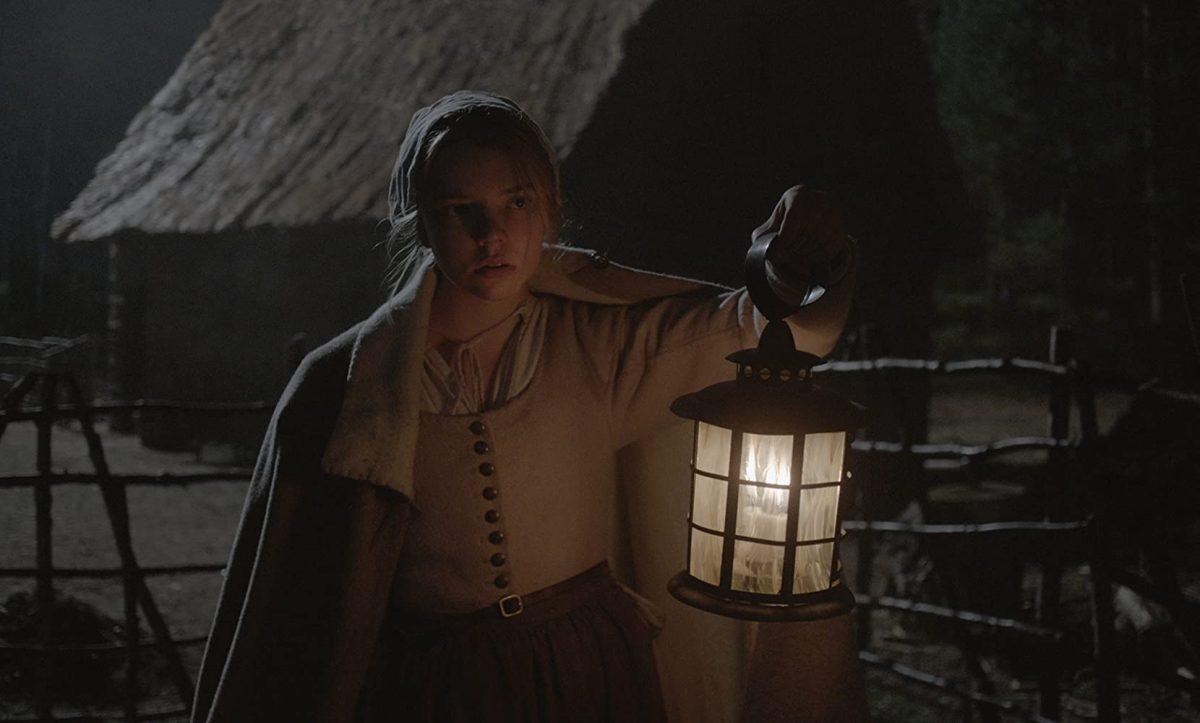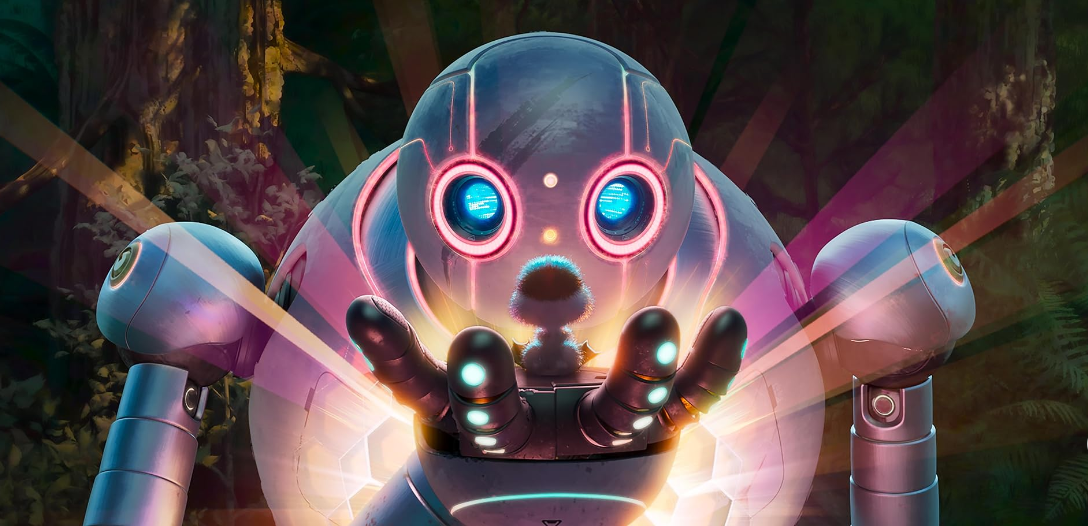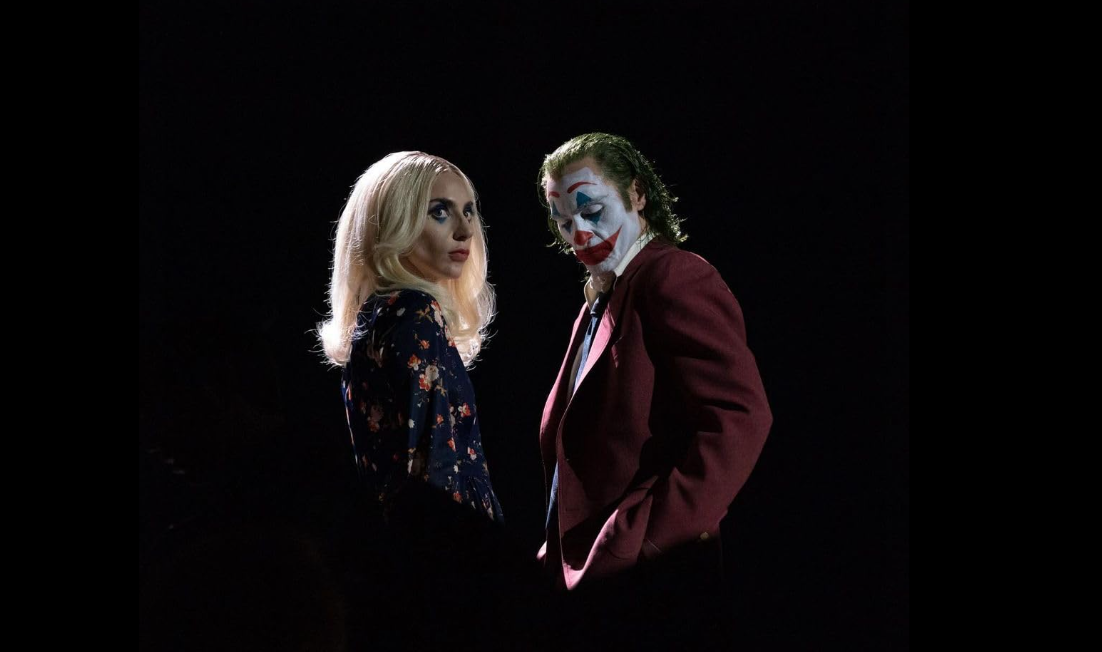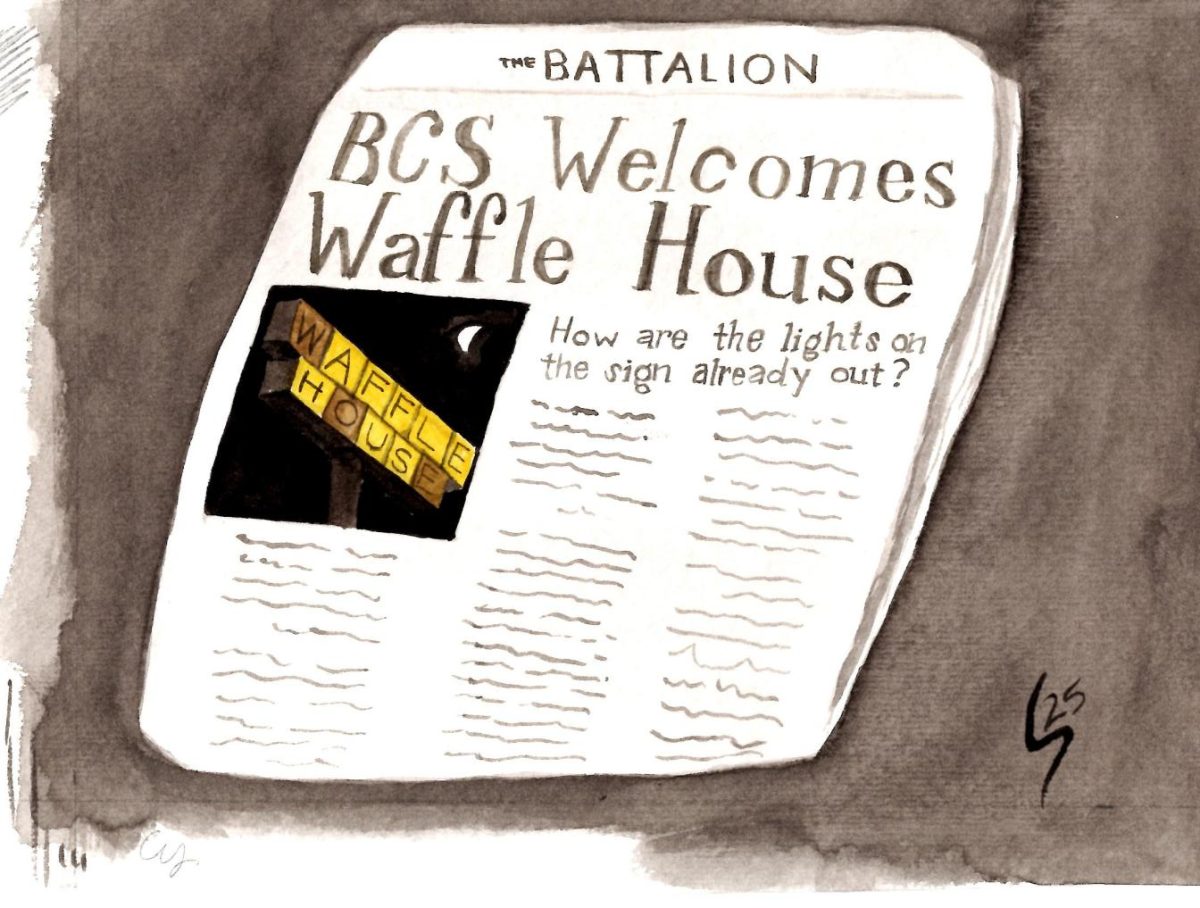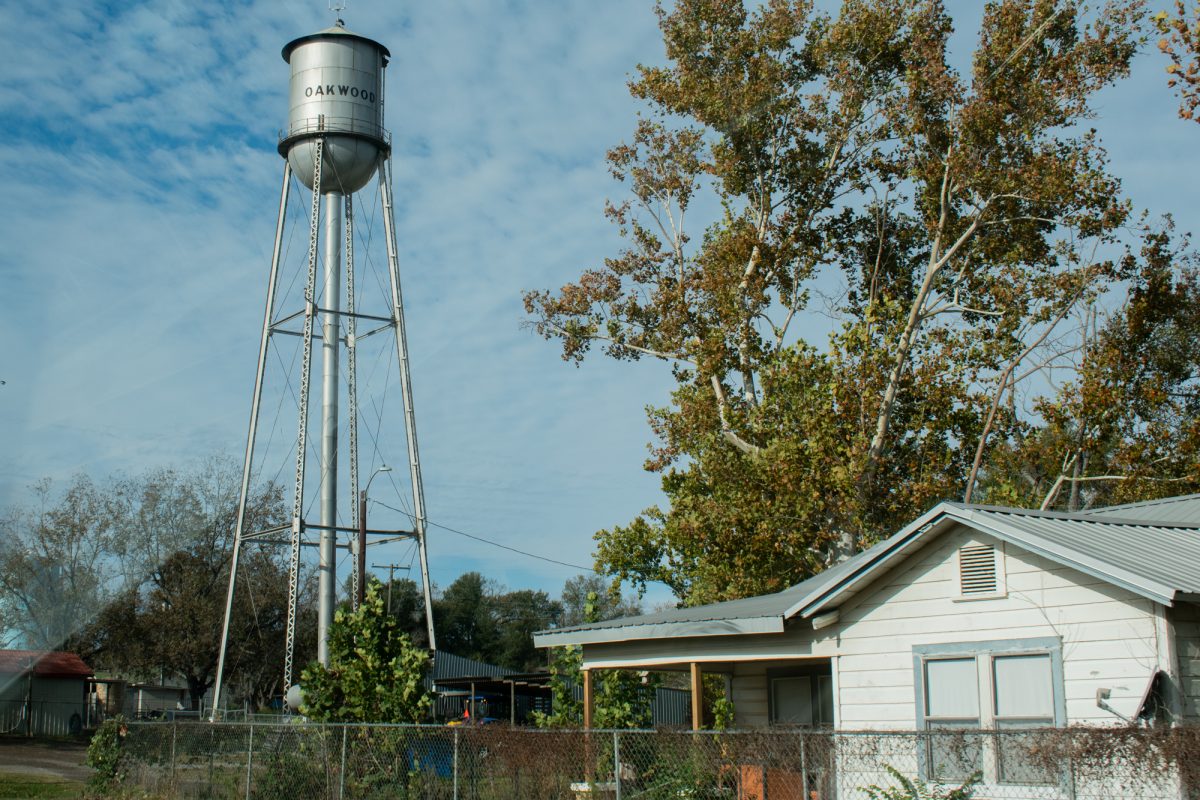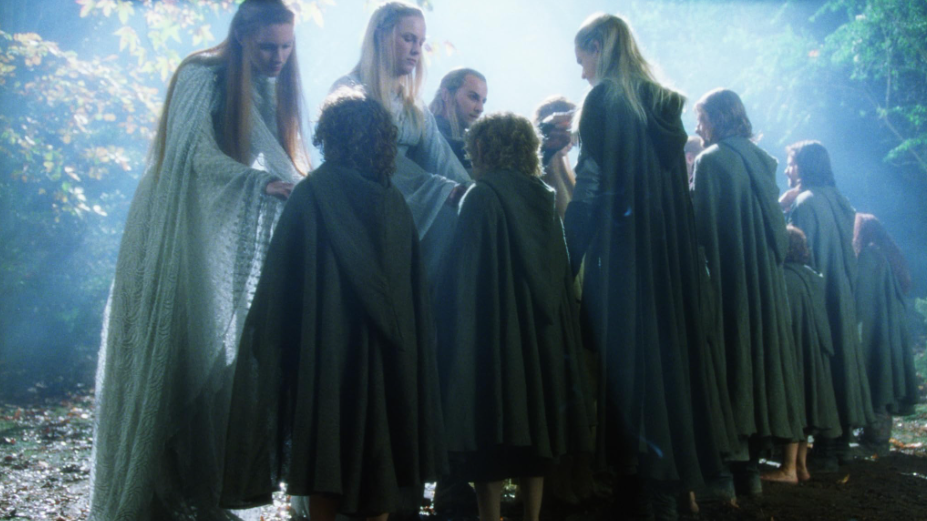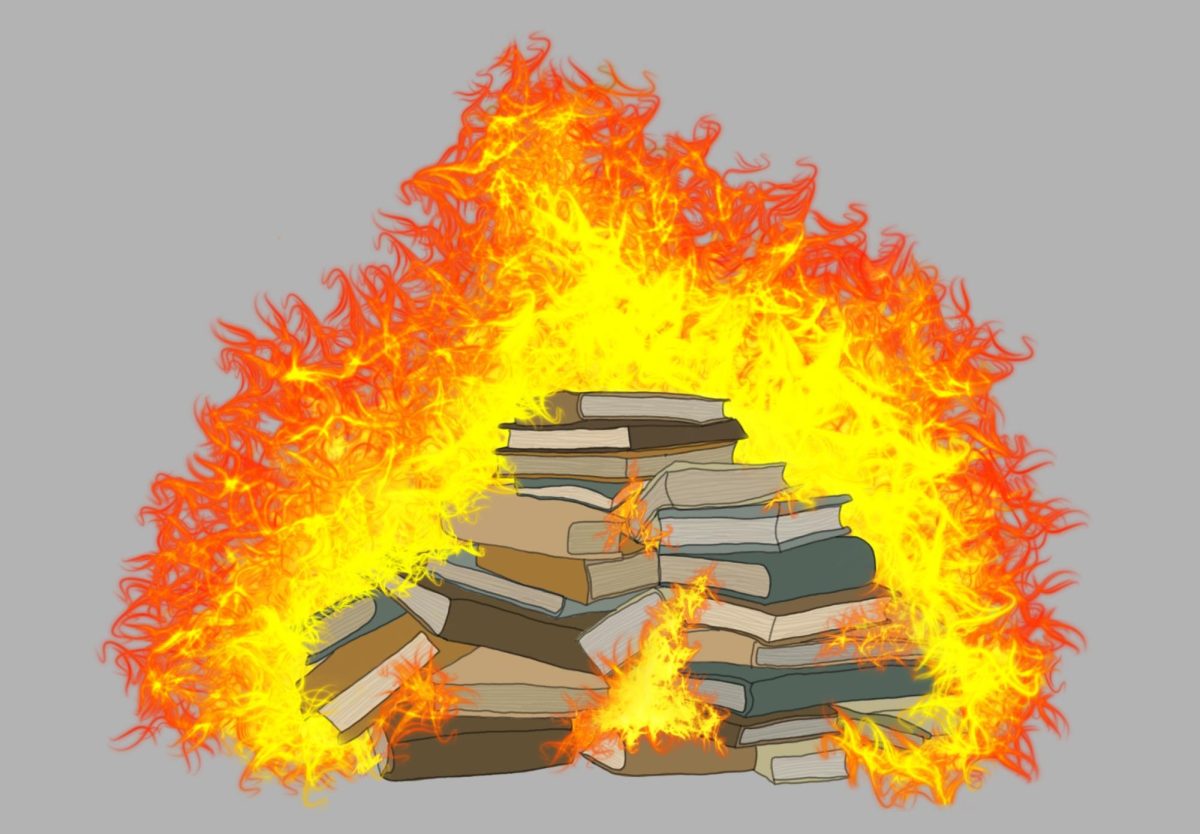New Horror Canon: In honor of the month of October, film critic Joseph Ornelas looks at the most significant and influential horror films of the past ten years.
Robert Eggers’ 2015 directorial debut “The VVitch,” a haunting atmospheric folktale set in 1630s New England, brought nuance back to the mainstream American horror genre. It is unsurprising that prior to directing “The VVitch” and 2019’s “The Lighthouse,” Eggers worked as a production designer. He clearly has a strong grasp on visual storytelling and an eye for detail. His direction and composition possess a level of refinement that hadn’t existed in horror movies for a long time before its release. He brings such a strong sense of identity and purpose to the film, something that is often lacking in the first films of many directors, even the greats. If you were to watch the debuts of Scorsese or Kubrick, you would have no idea that these are the same filmmakers who would later command the camera with “Goodfellas” or “2001: A Space Odyssey.” In contrast, Eggers immediately injected his film with stunning cinematography, perfect pacing and a lean runtime that builds tension with little more than the actors’ stunning performances and the negative space of vast, uncharted, frigid woods in which unspeakable horrors reside. Seldom is such a minimal approach to filmmaking so effective.
The film follows a Puritan family who has been exiled by their small community. The family has no choice but to establish a small farm in a secluded forest. What ensues is a seemingly endless stream of satanic incidents which threaten to tear the family apart from the inside. What truly elevates the script from other horror films is the deep psychological consequences of each and every incident. The characters are each going through their own crisis, which are punctuated by their preconceived fears and distrust of each other. For example, the mother, Katherine, blames their daughter, Thomasin, for the many misfortunes that have befallen their family as she is entering into her teenage years and her blossoming femininity is perceived as a threat to the patriarchal nature of their family ecosystem.
There are meditations on the fear-mongering of religious fanaticism, as exhibited by William, the father of the group. He bears the burden of keeping his wife and children in the light of God, but the isolation of their situation feeds into his paranoia, which further exacerbates his deep fears of evil and of the forces of Satan. Thomasin becomes the scapegoat for many of the evils experienced by herself and her family, as she is experiencing her own crisis as she is growing up, learning and questioning in a world of unanswerable questions, questionable authority and unnamed, powerful forces.
The film is, therefore, successful as a potent (and surprisingly historically accurate) coming-of-age story and criticism of the very real dangers of fanaticism, be they religious or otherwise. One could write an exhaustive thesis on the many themes, masterful filmmaking and historical context of this tragically beautiful ninety-minute cinematic masterpiece. “The VVitch” is not only an outstanding horror film, it is truly a great film that transcends the genre, which is why it deserves to be revered as one of the greatest of the 2010s.
New Horror Canon: The VVitch
October 1, 2020
Photo by via IMDB
“The VVitch” released in theaters Feb. 19, 2016 after premiering at Sundance Film Festival Jan. 27, 2015.
0
Donate to The Battalion
$0
$2500
Contributed
Our Goal
Your donation will support the student journalists of Texas A&M University - College Station. Your contribution will allow us to purchase equipment and cover our annual website hosting costs, in addition to paying freelance staffers for their work, travel costs for coverage and more!
More to Discover



